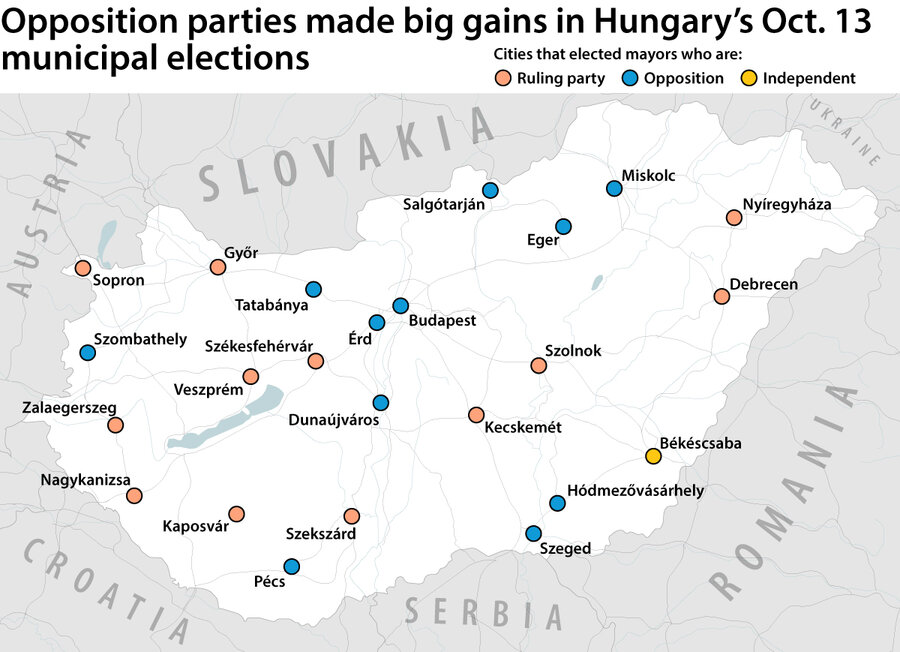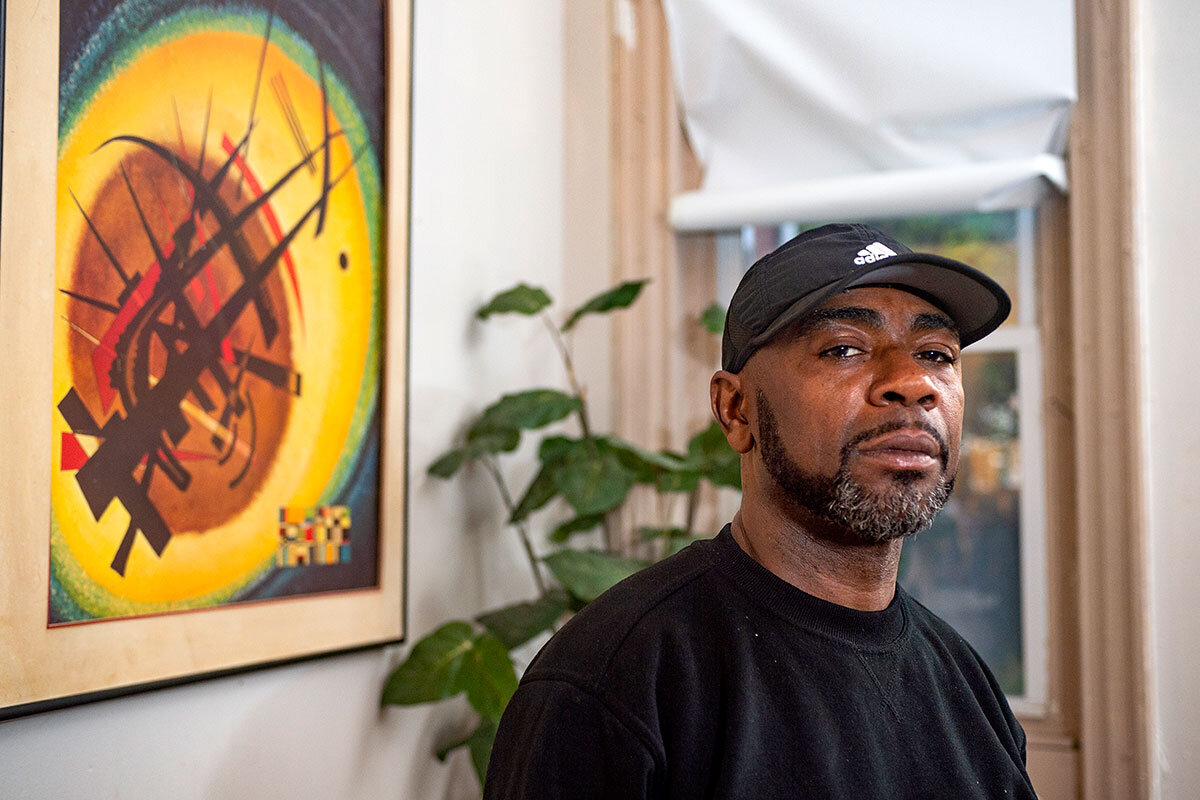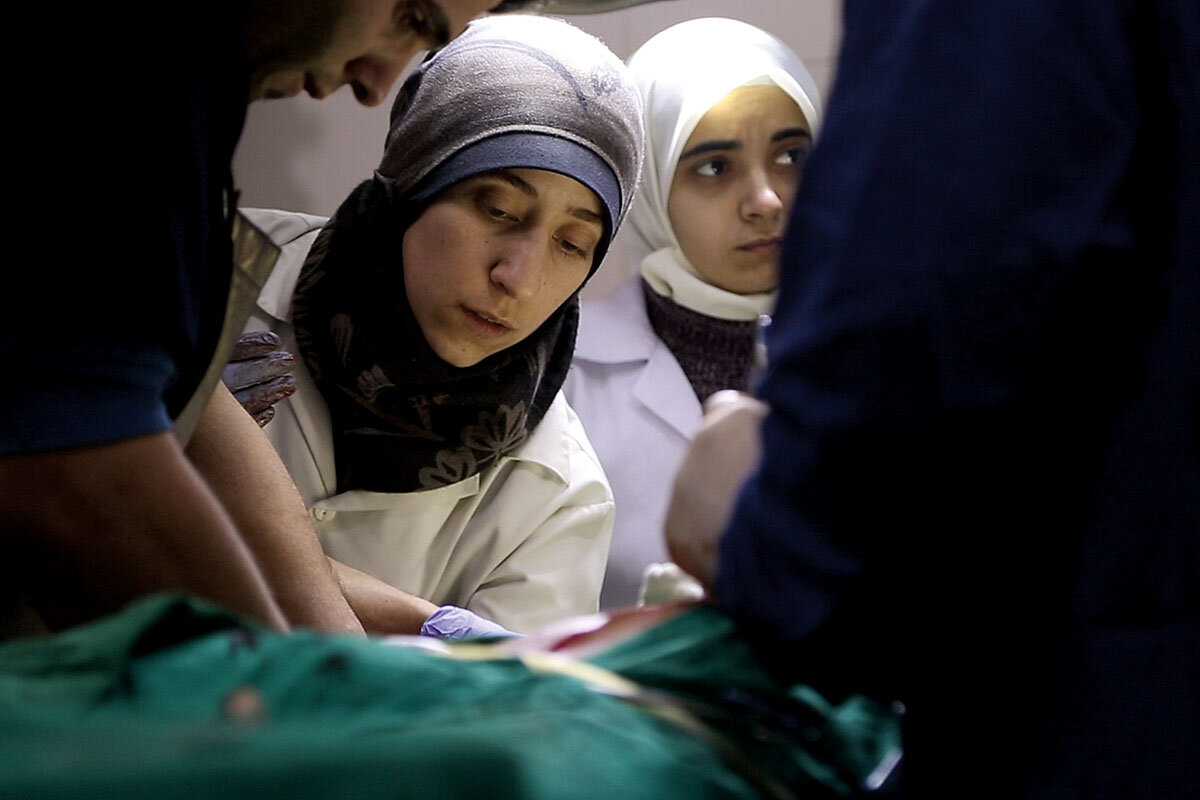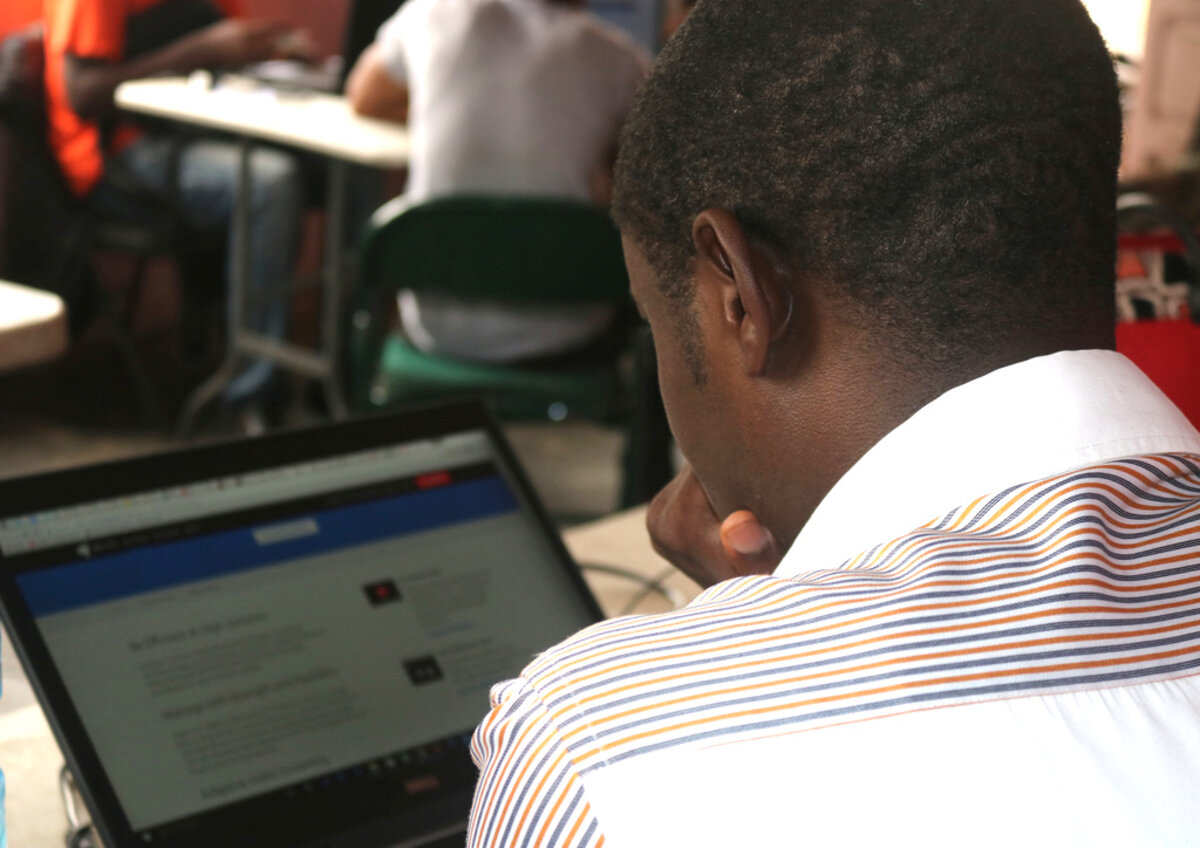As criticism flares, what does it mean to uphold fairness in an impeachment inquiry? Some experts see a need to balance transparency with some off-camera gathering of facts.
Monitor Daily Podcast
- Follow us:
- Apple Podcasts
- Spotify
- RSS Feed
- Download
 Mark Sappenfield
Mark Sappenfield
Our five hand-picked stories look at the fairness of the impeachment inquiry, Russia’s daunting responsibility in Syria, seeds of a pro-democracy backlash in Hungary, a prisoner who found freedom in the Commandments, and a remarkable film about humanity in war.
But first, psychologist Clive Wynne was a reluctant convert. Perhaps dogs had “exceptional gregariousness” or “hypersociability.” But did they love?
That was a controversial idea in scientific circles. To say dogs loved was to project ourselves on them, to make them human. That’s what Dr. Wynne thought. At least, until he got a dog of his own.
Dr. Wynne is among a growing number of scientists delving into the emotional lives of animals. His research suggests dogs’ superpower – their ability to coevolve with humans that care for their every need – is not intelligence, as many believed. It is love.
Human love and dog love are not the same, Dr. Wynne tells The Washington Post. “Dogs fall in love much more easily than people do, and they also seem to be able to move on much more easily than people can.” But that love will lead them to dig humans out of destroyed buildings, protect colonies of penguins in Australia, and even have a stronger positive reaction to “your owner is nearby” than “you’re going to get a piece of sausage.”
Love, it seems increasingly clear, is not merely a human thing. It is expressed more widely and with more variation than many imagined – though that’s probably something any dog owner could have told you.











